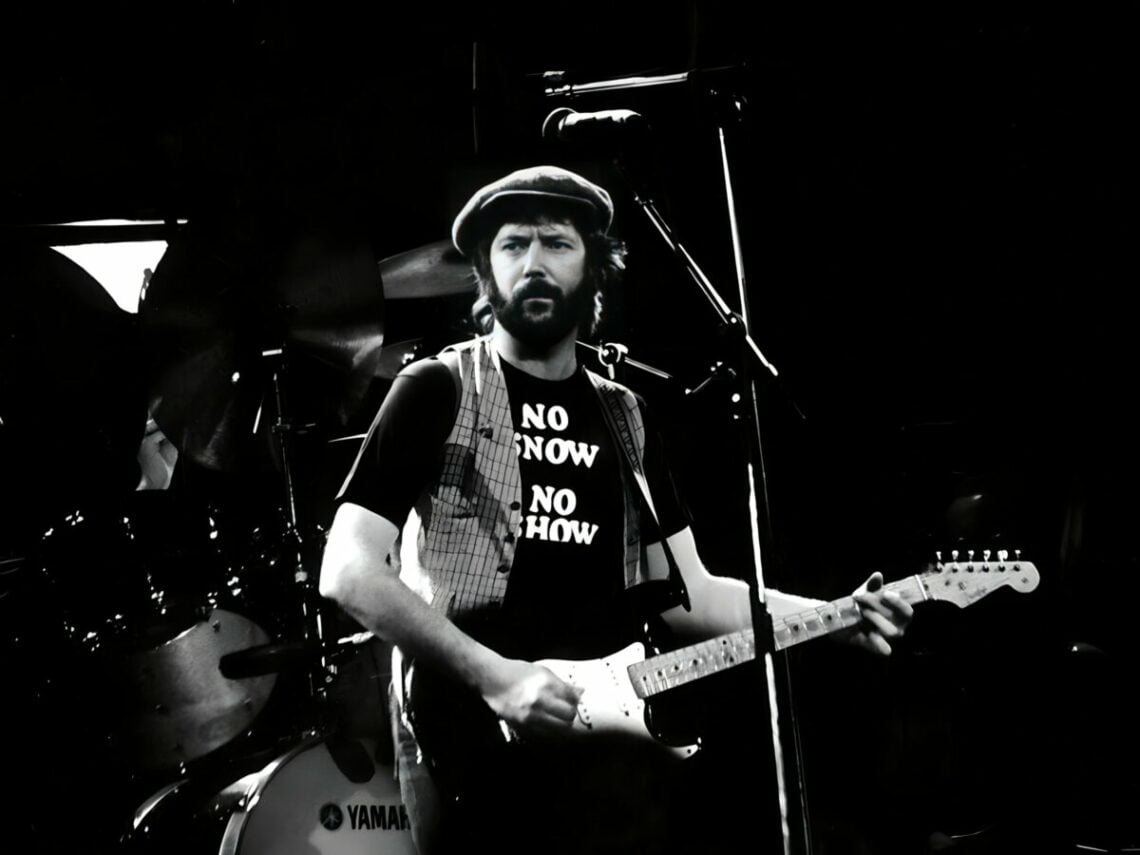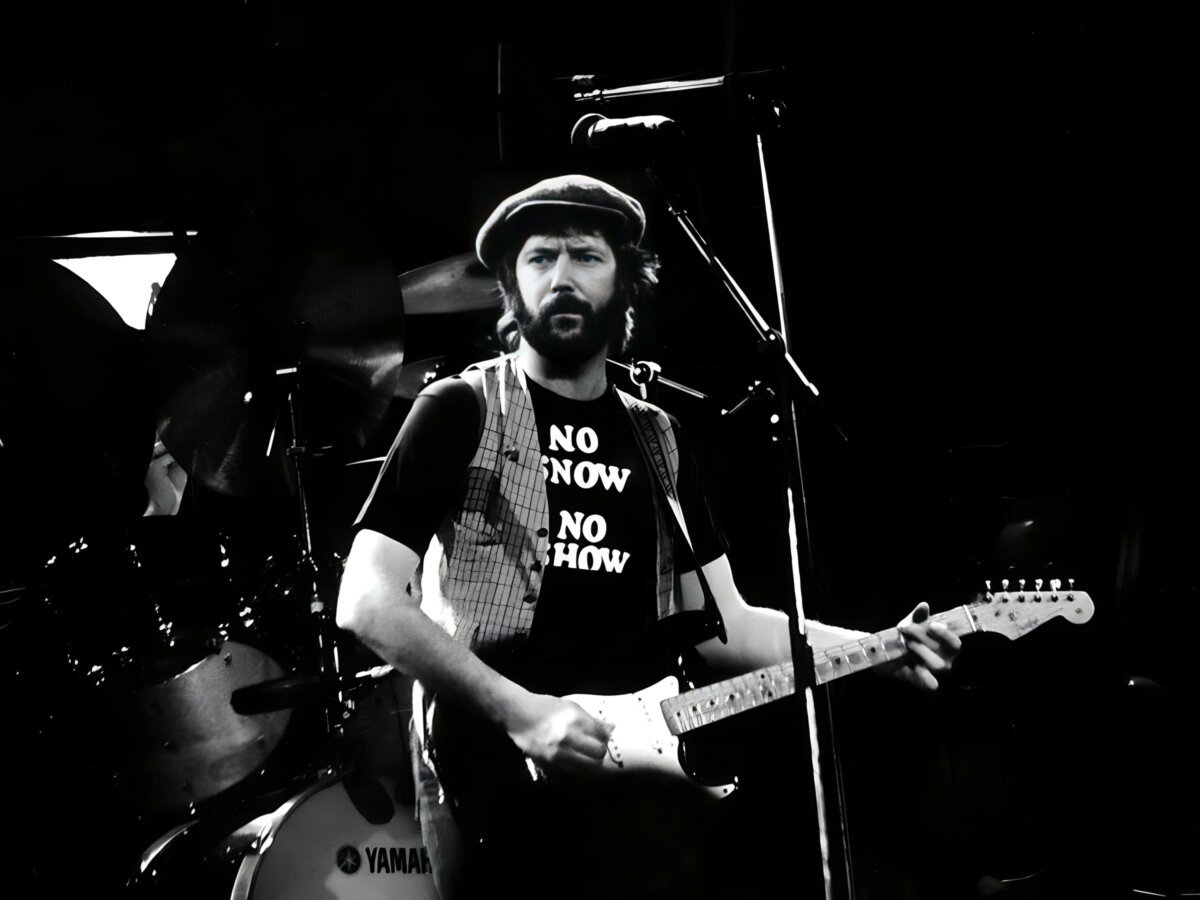
(Credit: Alamy)
Tue 5 August 2025 20:05, UK
For some artists, music is the only way to get through the hardest times in life. The world could be on fire and things could be crumbling down around them, but as long as they had an instrument in their hand and a song to sing, they knew they would be able to make it out of any situation in one piece.
But even for someone who has been through years of rock and roll debauchery, Eric Clapton has been subjected to far more drama than nearly any other rock star of his time.
Outside of the disgusting comments he has made to the press in the past, Clapton was an absolute maniac regarding his behind-the-scenes behaviour. No one gets the nickname ‘God’ and can claim to be level-headed, and when looking through his 1970s work, there are bound to be a few times when he could have claimed to have hit rock bottom in terms of his substance abuse.
But once he decided to get sober, it was like those magical lead lines had never gone away. The biggest hits of his pop career were still great for a reason, but whereas ‘Wonderful Tonight’ worked as a nice slow dance number at any wedding, hearing him come back with help from Phil Collins on Behind the Sun was everyone’s reminder that he could still rip with the best of them. For anyone following Clapton around this time, they were used to things taking a nosedive now and again, but nothing could have prepared ‘Slowhand’ for the pain of losing his son.
While ‘Tears in Heaven’ may be one of the single saddest songs that any rockstar has had to write, there was much more to be done once Clapton finished the tune for the soundtrack to Rush. There’s only so much grief that someone could pour into one song, and the only way that he knew he could let out his pain was when there was zero separation between himself and the audience on Unplugged.
The gig was far from the most strenuous show he ever played, but Clapton said he felt like a new man once he finished playing ‘Tears in Heaven’, saying, “I wouldn’t want to insult [my audience] by not including them in my grief. I do intend to make these things known, and I will play them in concert and put them on record. And it is, for me, a healing process, and I think it’s important that you share that with people who love your music.”
Outside of his grief-stricken tunes, a lot of what appears on the record does manage to capture him in a different light as well. Most people loved the idea of him playing ‘Layla’ for the rest of his life, but the version of him playing it with a downtempo feel was a far greater choice than trying to capture the pure electricity in the room when he played with Derek and the Dominos.
And since he didn’t have any distortion pedals to hide behind, it’s easy to listen to Clapton here and see the real person behind everything. He had said some nasty things back in the day and had routinely acted like God’s gift to guitar playing, but seeing him in a suit playing the best blues anyone had ever heard only confirmed that he had reached the kind of level that he only saw out of his heroes like Buddy Guy and BB King.
Call it dad music all you want, but there’s a reason why Clapton had to work his way through songs like ‘Tears in Heaven’ in real time. After all, good art should be about laying out the deepest parts of someone’s psyche, and while it isn’t always pretty to look back on, fans will remember someone who made something authentic a lot better than an artist who gave them what they knew they wanted.
Related Topics
